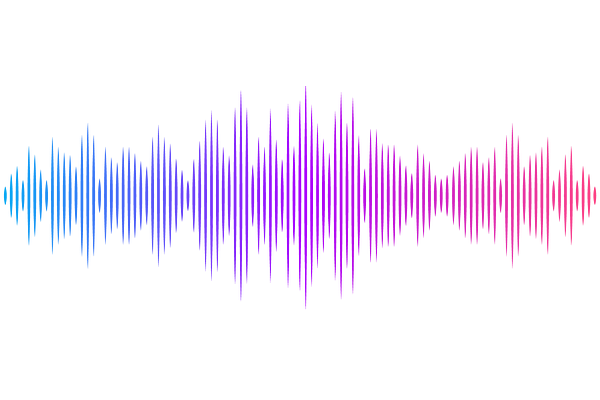The impact of ERUPR on mitochondrial integrity mediated by PDK4

The impact of ERUPR on mitochondrial integrity mediated by PDK4
Mallick, P.; Maity, S.; Mondal, R.; Roy, T.; Chakrabarti, O.; Chakrabarti, S.
AbstractER and mitochondrial stress are often interconnected and considered as major contributors to aging as well as neurodegeneration. Co-ordinated induction of ERUPR and mitoUPR has been observed in diabetes and pulmonary disorders. However, in the context of aging and neurodegeneration, regulation of this intra-organellar crosstalk has remained relatively elusive. Here, we demonstrate that pyruvate dehydrogenase kinase 4 (PDK4), a mitochondrial protein accumulates at the ER-mitochondrial contact sites (MAMs) during ER stress. Classically, PDK4 is known to phosphorylate PDHA1 (pyruvate dehydrogenase E1 subunit alpha 1), and plays a significant role in regulating the oxidative phosphorylation driven ATP production. In this study, we propose a non-canonical function of PDK4; we show that it acts as a connecting link between ERUPR and mitoUPR with significance in aging and neurodegeneration. Transcriptomics analyses show increased PDK4 levels upon drug induced ER stress. We detect elevated PDK4 levels in brain lysates of Alzheimers disease (AD) patients, as well as in in vivo and ex vivo AD models. Additionally, exogenous expression of PDK4 was found to refine ER-mitochondrial communication, significantly altering mitochondrial morphology and function. Further, we also observe defective autophagic clearance of mitochondria under such conditions. It is prudent to suggest that elevated PDK4 levels could be one of the key factors connecting ERUPR with mitoUPR, a phenotypic contributor in aging and at least some neurodegenerative diseases.